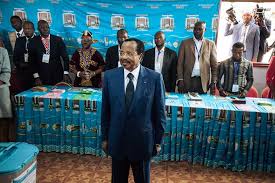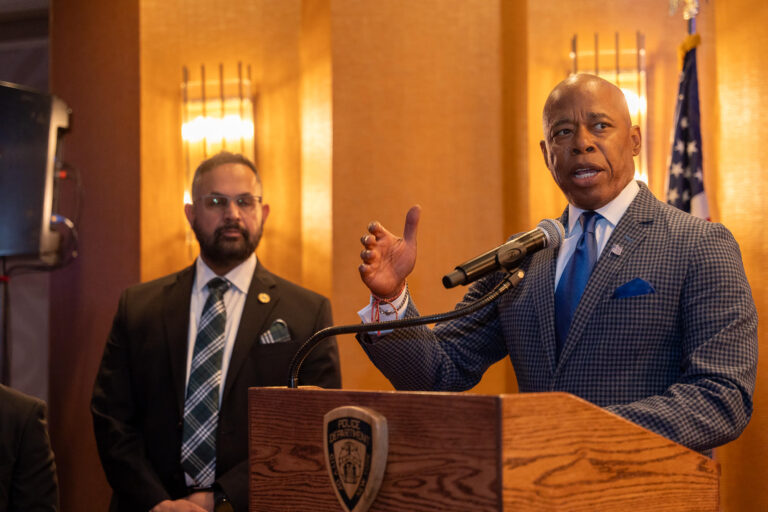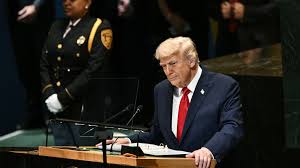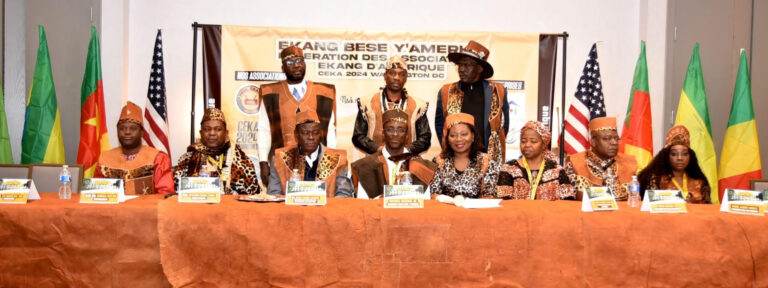
YAOUNDÉ, Cameroon – July 12, 2025
Cameroon has officially scheduled its next presidential election for October 12, according to an announcement released Friday by the office of President Paul Biya. The decision sets the stage for what could be one of the most consequential elections in the country’s recent history.
President Paul Biya, who has ruled the Central African nation since 1982, has not confirmed whether he will seek re-election. At 92, Biya is Africa’s second-longest serving president after Equatorial Guinea’s Teodoro Obiang and remains a deeply polarizing figure. Frequent rumors about his declining health and prolonged absences abroad have added to growing speculation about a possible political transition.
Biya’s four-decade rule has profoundly shaped Cameroon, a country plagued in recent years by multiple crises. His administration has been accused of widespread corruption, while the conflict in the English-speaking regions has escalated into a protracted separatist struggle. This armed conflict has disrupted education and resulted in numerous civilian deaths and human rights abuses. Additionally, Cameroon continues to face security threats from Boko Haram extremists in the northern regions bordering Nigeria.
In a notable political shift, several long-standing members of Biya’s government have resigned to announce their own presidential bids. Among them are former Tourism Minister Bello Bouba Maigari and ex-Minister of Employment and Vocational Training Issa Tchiroma Bakary. Their departures signal a potential fracturing of the ruling elite and a possible appetite for change within establishment ranks.
Although Biya has not declared his candidacy, he has hinted that he may yield to the ruling party’s calls for him to run once more. In the 2018 election, Biya claimed victory with over 70% of the vote an outcome contested by opposition groups and observers citing widespread irregularities and low voter turnout, particularly in violence-stricken regions.
Cameroon’s upcoming election comes as democratic backsliding becomes more evident across parts of Africa. Leaders in several countries, including Uganda’s Yoweri Museveni, have used constitutional changes or political maneuvering to extend their time in power. Museveni, for example, recently secured a nomination for a seventh term, which could bring his rule close to 50 years.
With tensions rising and political realignments underway, the October election could represent a pivotal moment for Cameroon’s future either entrenching the status quo or opening the door to a new political era.







